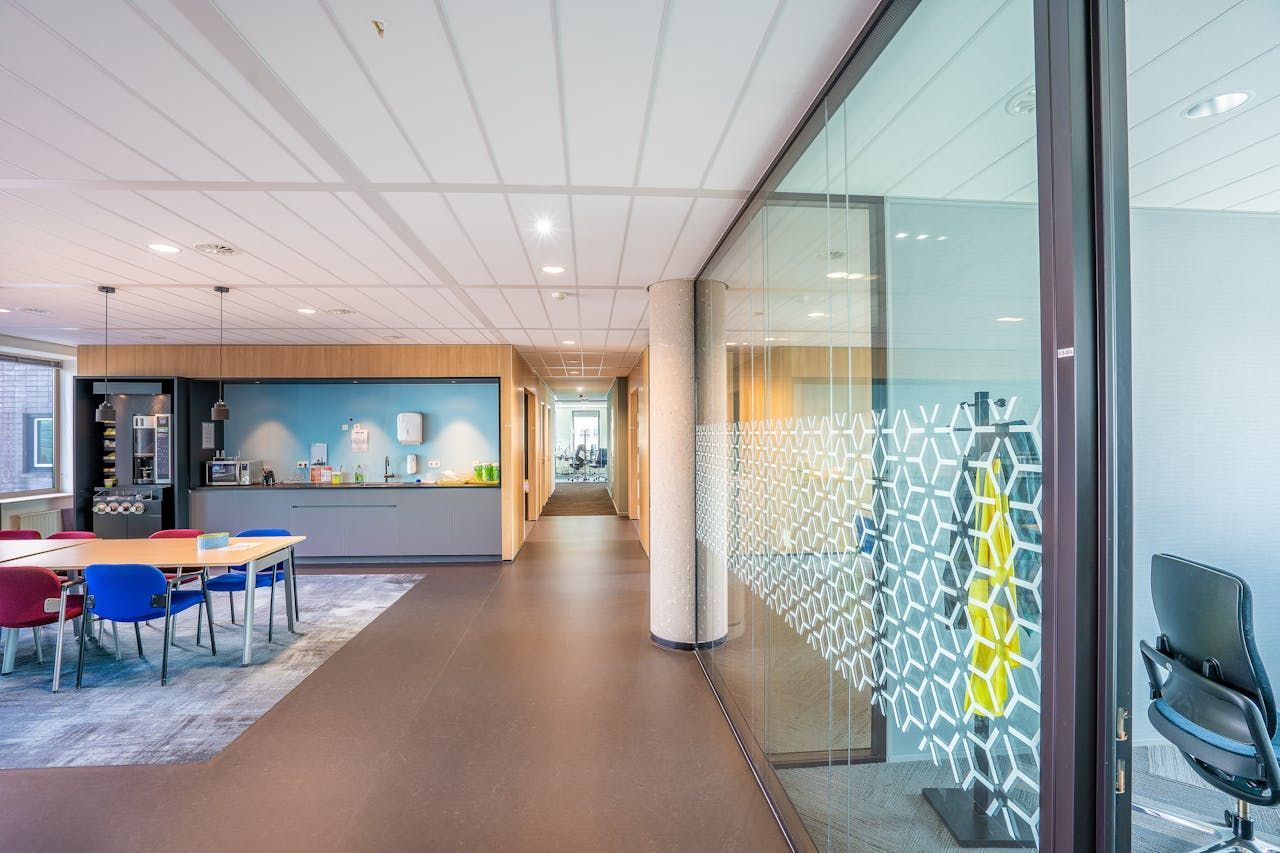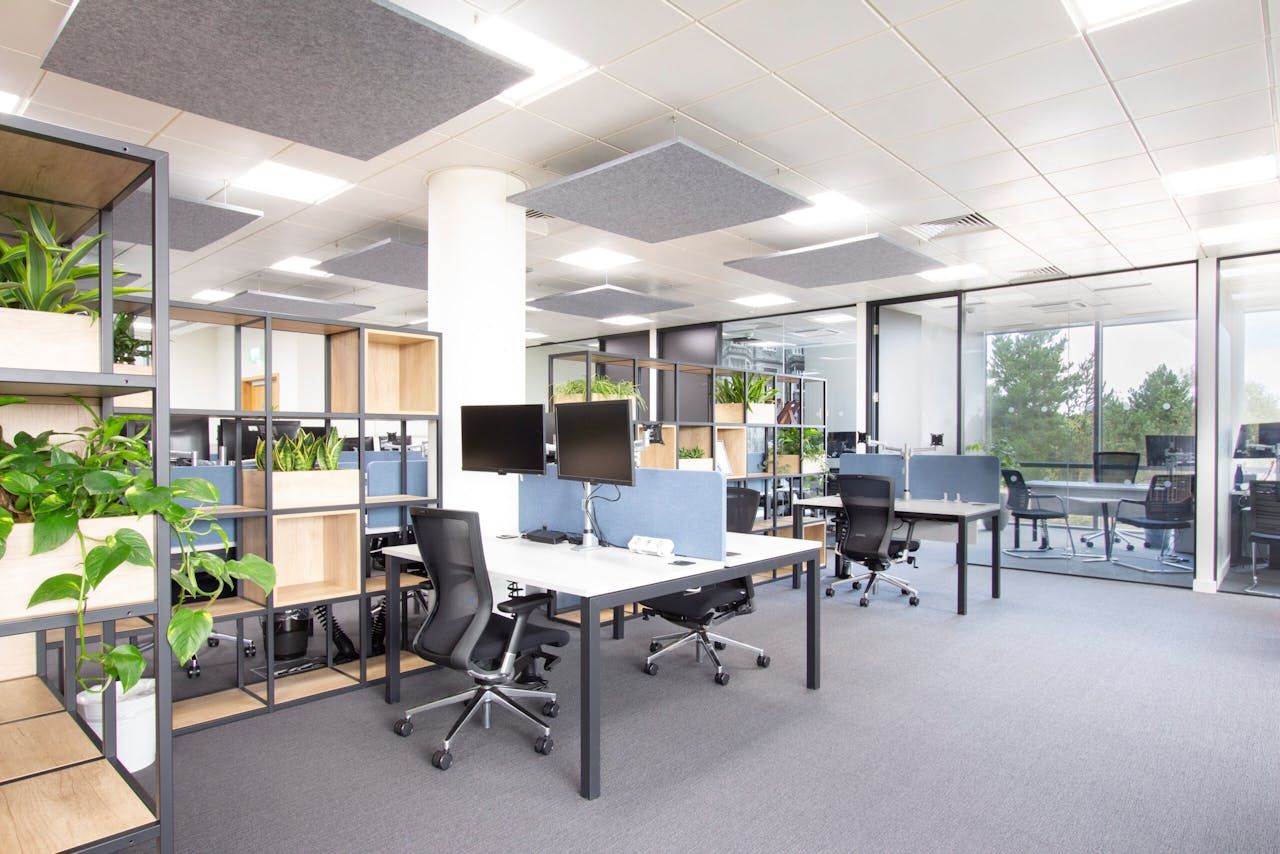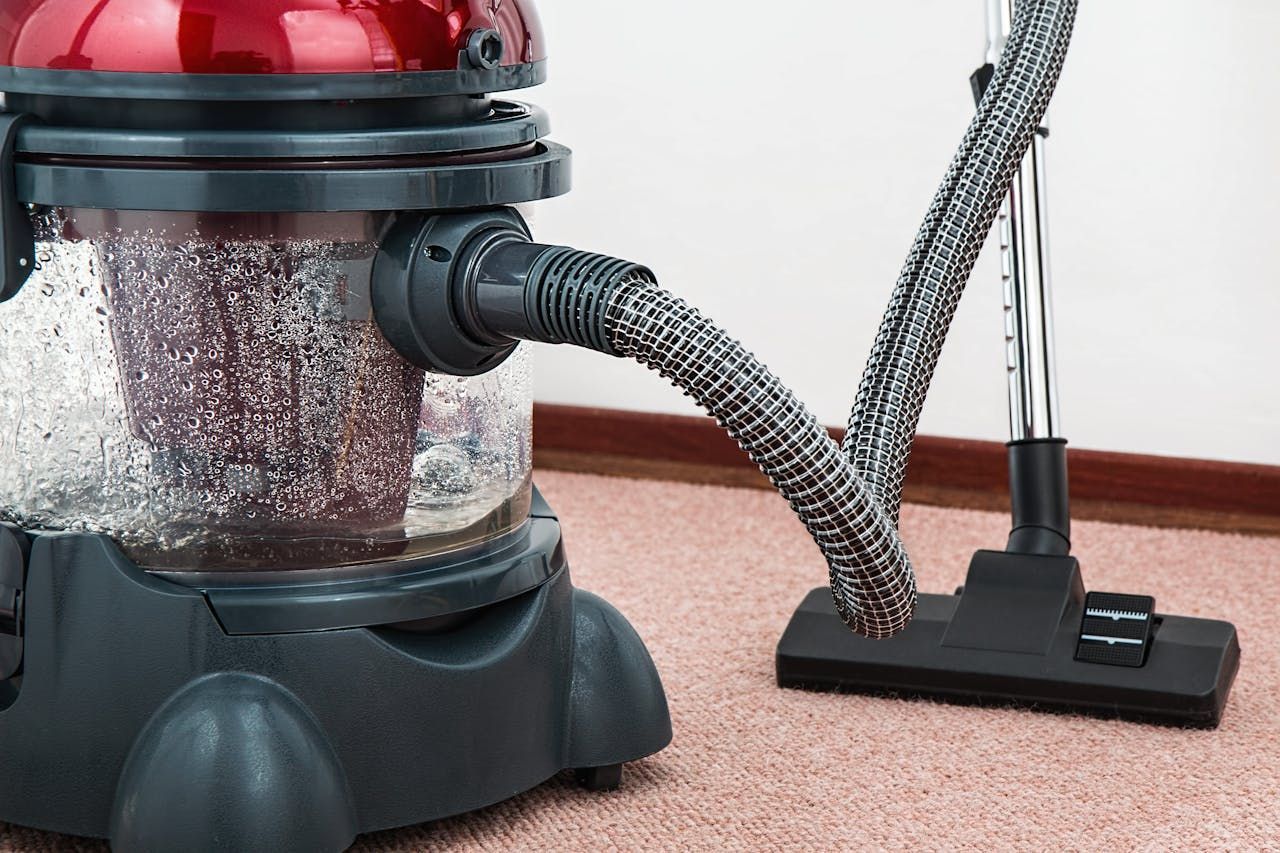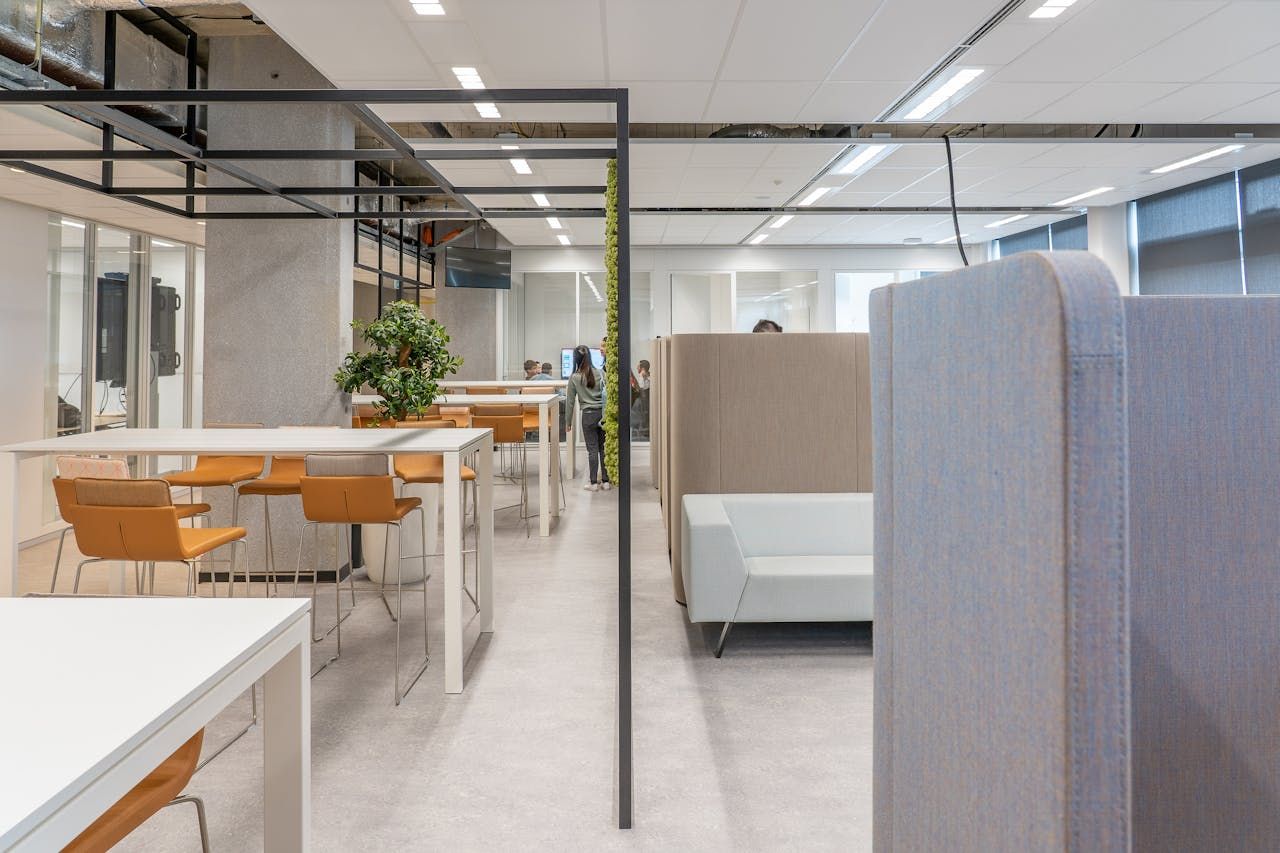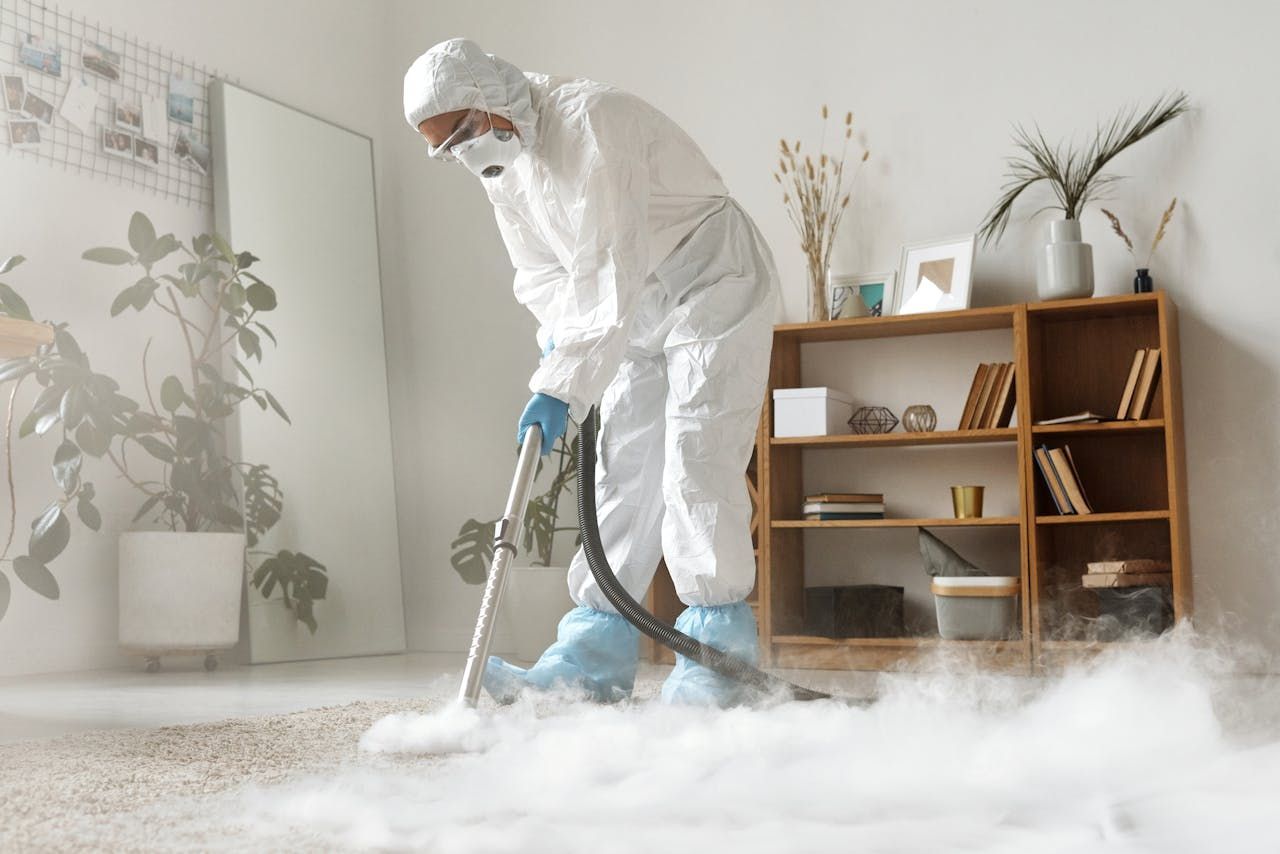Factory Cleaning Services: 5 Things To Look For In A Cleaning Contractor
Factory cleaning services are a bespoke aspect of cleaning that many cleaning contractors may not offer. That’s because it requires specialist experience, extra time and appropriate gear.
You need to look for certain indicators when searching for a reliable company to help you stay on top of your factory cleaning. They’ll help ensure you’re getting the right company for the job.
What exactly should you be looking out for? We’re here to tell you - and give you all the insider information you need to make an informed decision…
What Makes Factory Cleaning So Different?
Factory cleaning services have their unique quirks and necessities that distinguish them from regular commercial cleaning that you’d find in office spaces or nurseries.
The first and most important factor is the need to uphold specific regulations and industry standards in factories and industrial buildings. These standards are in place for a reason, after all. They exist to guarantee a safe and clean working environment, placing significant responsibility on your factory cleaners to adhere to strict guidelines.
The next is fairly obvious. Many factories run around the clock, with production lines operating 24/7. This can be a big challenge for your cleaners since they need to efficiently perform their duties without causing disruption or downtime to staff.
That means your cleaning contractors must be organised, effective and efficient.
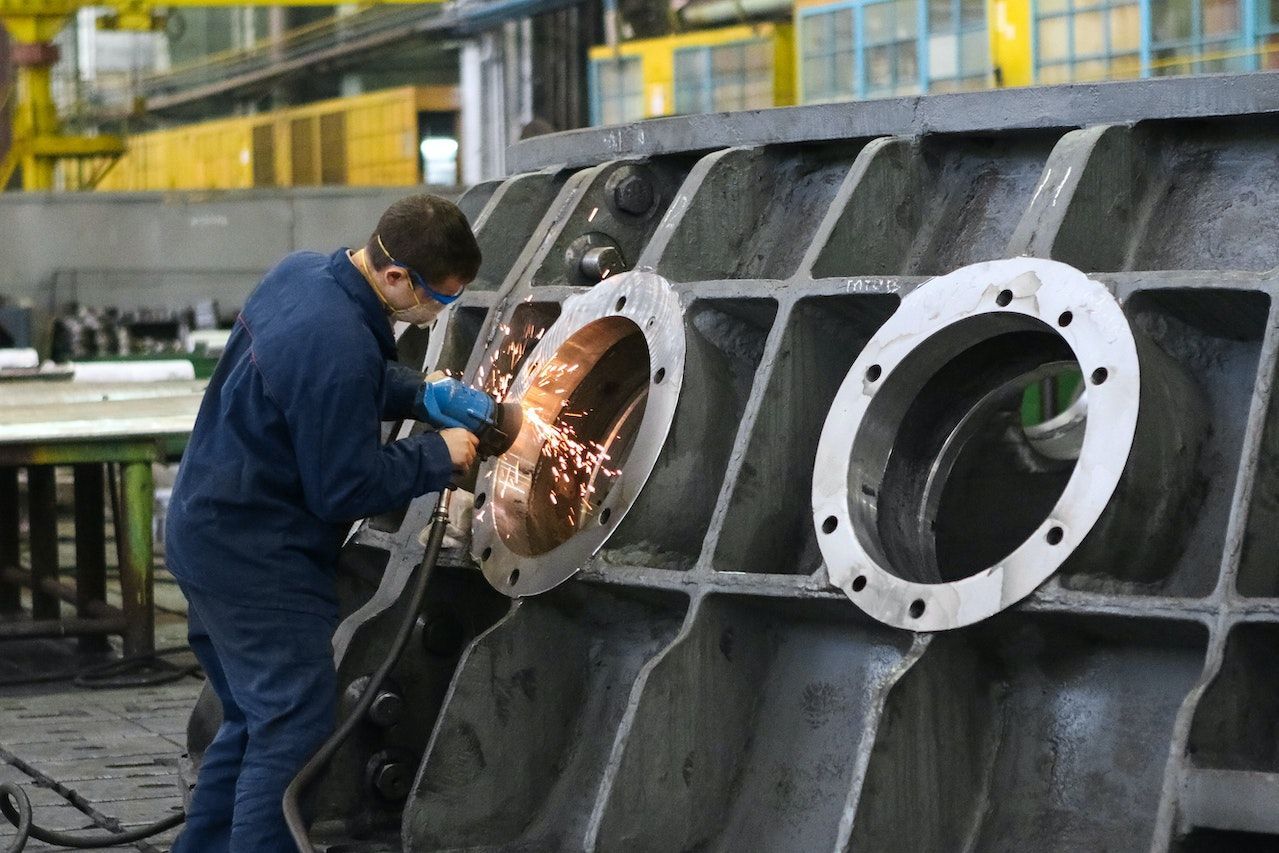
Expertise & Experience
When you’re responsible for a factory space, you’ll be sure of one thing; any cleaning contractor that offers you factory cleaning services needs to know what they’re doing.
It’s important that you verify their experience, whatever they say it may be. Do they understand safe working practices around plant and machinery? This kind of knowledge isn’t just helpful; it’s essential.
By working with a cleaning contractor that understands the needs of a factory, you reduce the burden on you and your team to manage them.
An experienced cleaning team brings a lot to the table that you’ll be glad of. They have a comprehensive understanding of industry regulations and compliance standards, ensuring that your factory operates within legal guidelines.
You’re adding a level of protection to yourself and your factory when working with an experienced cleaning contractor. Not to mention their insurance coverage should safeguard your factory against any potential damages or accidents that could crop up during the cleaning process.
Another advantage of choosing an experienced team is their commitment to ongoing training. More than likely, they will stay up to date with the latest cleaning techniques, technologies, and safety protocols. They’ll do this to benefit their business and yours, which is a practical win-win!
Health & Safety Awareness
Having a cleaning contractor with a strong understanding of health and safety is a must in a factory setting.
While most cleaning contractors have knowledge of general health and safety practices in their business operations, it is essential to find one that understands the specific health and safety considerations within your factory environment, such as tagging in and out around hazardous machinery.
One vital aspect is understanding the chemicals used within your factory and how they may
react with cleaning solutions. It’s important not to underestimate this kind of thing because it can quite literally save or cost lives and jeopardise your operations.
A knowledgeable cleaning contractor will have expertise in handling different types of chemicals and ensure proper protocols are followed to prevent any hazardous reactions or risks to employees' health. This should be standard practice.
A reliable cleaning contractor will take necessary precautions to ensure the safety of both their cleaning staff and the factory workers by developing cleaning procedures that minimise the risk of accidents or injuries.
References
Checking out what others have thought of your potential cleaning contractor will help you understand what they’re like to work with.
When considering factory cleaning services, it's important to gather references and conduct thorough research. It doesn’t need to be a drawn-out and stressful process; you can do a few simple things from your computer.
Request references and personally contact previous clients to gain valuable insight into their experience. You can also take the time to explore online reviews and comments about the cleaning contractor on places like Trustpilot and Facebook.
By combining personal references and online research, you can make an informed decision about the reputation, reliability and quality of service they’ve been providing up to this point. Do all this, and you’ll set yourself up for factory cleaning success.
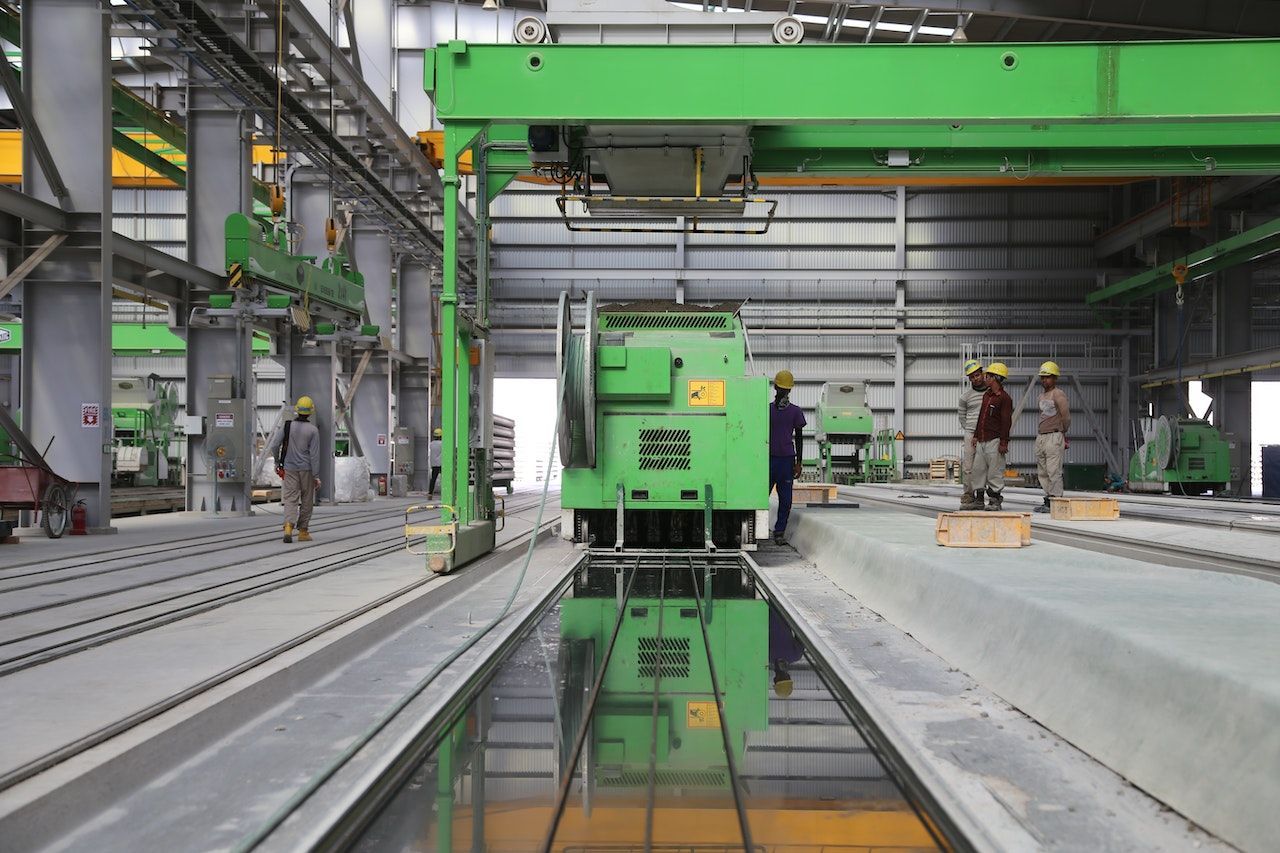
Flexibility
In so many areas of the cleaning industry, flexibility is key.
Choosing a contractor that offers you tailored solutions brings plenty of bonuses. If your contractor can be flexible, they can adapt cleaning schedules to target specific areas during off-peak hours, optimising efficiency and minimising disruption to production.
Clear communication is key, though. Being able to communicate quickly and easily allows for easy adjustments to your cleaning routines and accommodating factory maintenance needs, such as cleaning around machinery during maintenance shutdowns.
With a flexible cleaning contractor, you can enjoy a customised cleaning approach that seamlessly integrates with what you really need.
Assured Service
You want an assured service that can be relied upon and always completed to the same high standard. Many cleaning contractors can get comfortable over time, and standards drop, so how can you get that extra level of assurance?
A major thing to consider when choosing your cleaning company is accreditation and training. Look for a cleaning contractor that keeps on top of training and industry developments by looking through their website and determining whether they prioritise ongoing training. Another good indicator is whether they’re a member of a professional body, like the
BICSc, which LNC is a member of.
And as always, don’t be afraid to ask the difficult questions when you first get in touch. Ask things like, do you have a service level agreement or contract? What’s the process if I’m unhappy with something?
You want your cleaning contractor to ease the burden of cleaning, not create more admin and hassle.
Factory Cleaning Services That Suit You
If a cleaning company offering factory cleaning services can demonstrate all of the above, you’re probably going to work well together! The truth is that it doesn’t take too much detective work to find out whether a cleaning company is up to date on training, has experience with factory cleaning and has a great track record.
If you’d like to ask us the hard questions about our factory cleaning services,
get in touch
today for more information and to request a quote.
